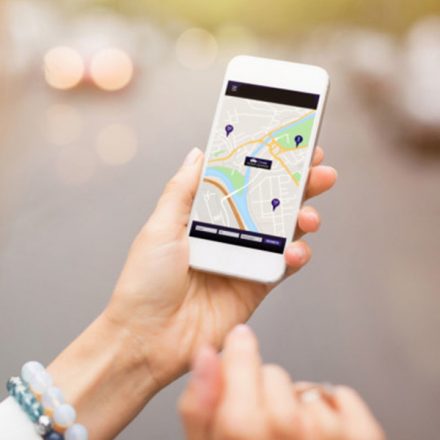Uber Drivers – Supreme Court ruling
The Supreme Court has recently ruled that Uber drivers are entitled to be treated as workers as opposed to self-employed independent contractors.
Uber drivers James Farrar and Yaseen Aslam first took Uber to the Employment Tribunal in 2016, some five years ago, claiming that they were employed by Uber and therefore entitled to basic workers’ rights such as minimum wage and holiday pay. Uber opposed their claim and argued that all its drivers were self-employed ‘partners’ and therefore not eligible to rights enjoyed by workers.
The Employment Tribunal held that the drivers were in fact workers. Uber appealed this ruling, which was subsequently upheld by the Employment Appeal Tribunal, the Court of Appeal and finally the Supreme Court (the final court of appeal in the UK). The Supreme Court agreed with the Employment Tribunal and held that Uber drivers should be classed as workers.
There are essentially 3 categories of employment:
- employee
- worker
- self-employed
An employee is someone who is employed under a contract of service. A person is classed as a worker if they have a contract or if they have an arrangement to do work or services for another party. A self-employed person is someone who runs their own business. Being a worker is a form of self-employment however; workers enjoy basic employment protections such as minimum wage, holiday pay and whistle blowing protections.
The Supreme Court found that the drivers were workers because of the significant control Uber had over their drivers including setting remuneration, dictating contractual terms and controlling the way in which drivers delivered their services.
During proceedings, Uber tried to rely on the written agreements with their drivers which stated that the Uber app was simply an ‘agency’ service. However, the Supreme Court stated that the nature of the driver’s legal relationship with Uber was based on the parties conduct and the reality of a situation as opposed to what is written in a contact. The Supreme Court highlighted that attempts by employers to ‘contract out’ workers’ rights will be null and void.
For Uber drivers James Farrar and Yaseen Aslam this ruling has been a long time coming but it is an important landmark case in the world of Employment law and sets a precedent for workers. There are some 5.5 million people involved in this type of ‘gig economy’ work therefore this ruling could have a significant impact on many organisations including private hire drivers, couriers and delivery drivers.
It is sometimes difficult to distinguish between a worker and an employee and in some cases there is only a marginal difference and quite often is it very fact specific with each case turning on its own merits. If you feel that you have been wrongly categorised or want further advice on you employment status, please do get in touch. As shown by this ‘test’ case, being categorised as a worker provides more protection to individuals, therefore is it vital to know your what rights you may be entitled to.
In light of this Supreme Court ruling Employers should now consider their existing contracts and ensure that they properly reflect the relationship they have with individuals. If you are unsure about whether you or your employees could be classed as workers, please do give our Employment Department a call on 020 8514 9000.
